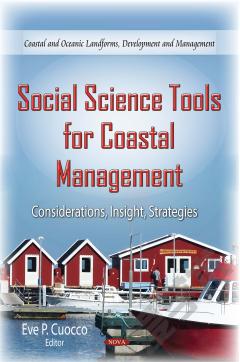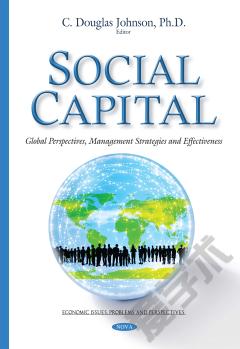Social Science Tools for Coastal Management: Considerations, Insight, Strategies
Public attitudes, perceptions, and beliefs can strongly influence coastal management decision-making. Officials use surveys and other social science tools to identify the relationship between a community and its natural resources. Managing coastal resources often means making hard decisions about the best way to use those resources-especially when there are competing demands. Although there is no simple way to do this, economic methods can help coastal resource managers make better-informed decisions about managing the resource. This book provides insight into the various types and methods of survey research; discusses some of the most important considerations; offers a guide to the most common techniques; provides information about how economics can be applied to coastal resource management; provides some simple strategies for facilitators leading a participatory mapping process; introduces key elements and practices that will increase the success of a focus group effort; explains the role of a facilitator; describes how to plan and execute meetings that deliver results; discusses powerful photorealistic visualization; introduces key concepts surrounding visualization; and briefly describes a process for planning for an internally or externally conducted evaluation of a project or program.
{{comment.content}}








 京公网安备 11010802027623号
京公网安备 11010802027623号